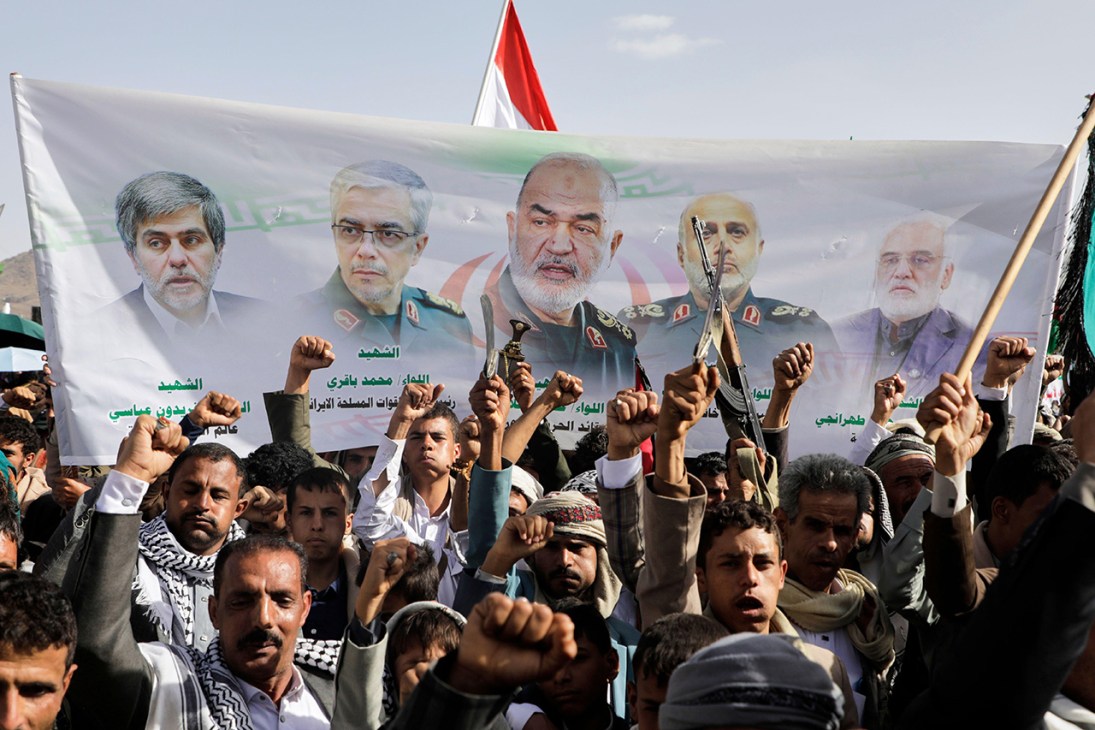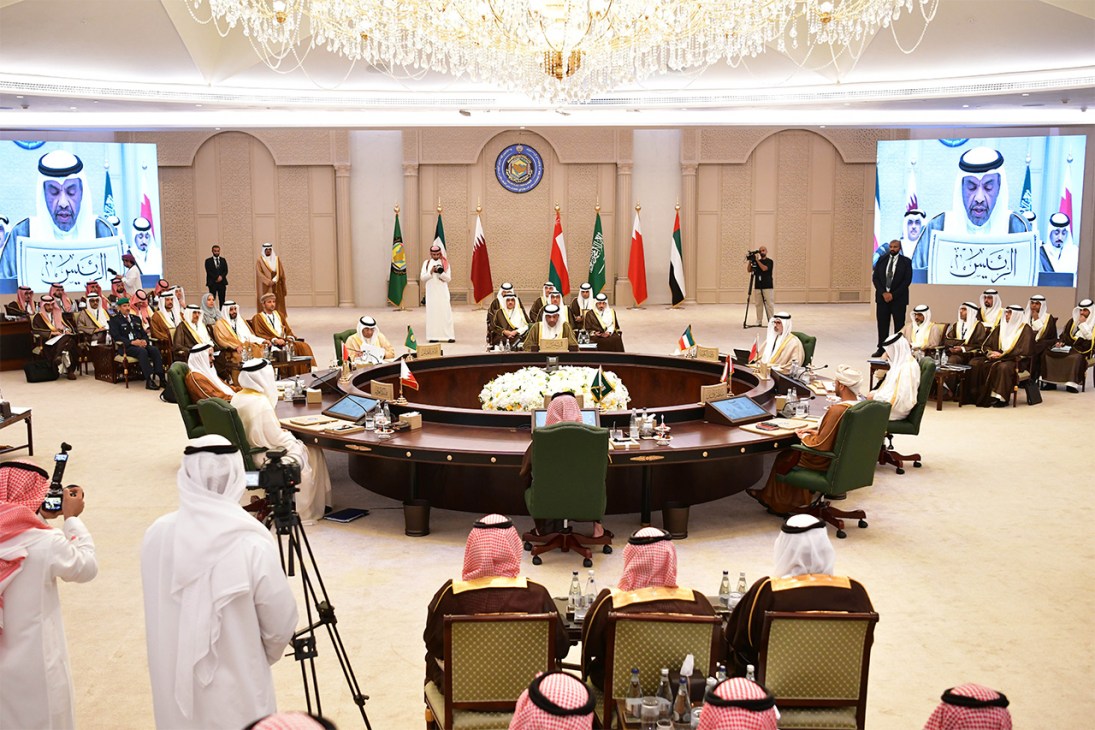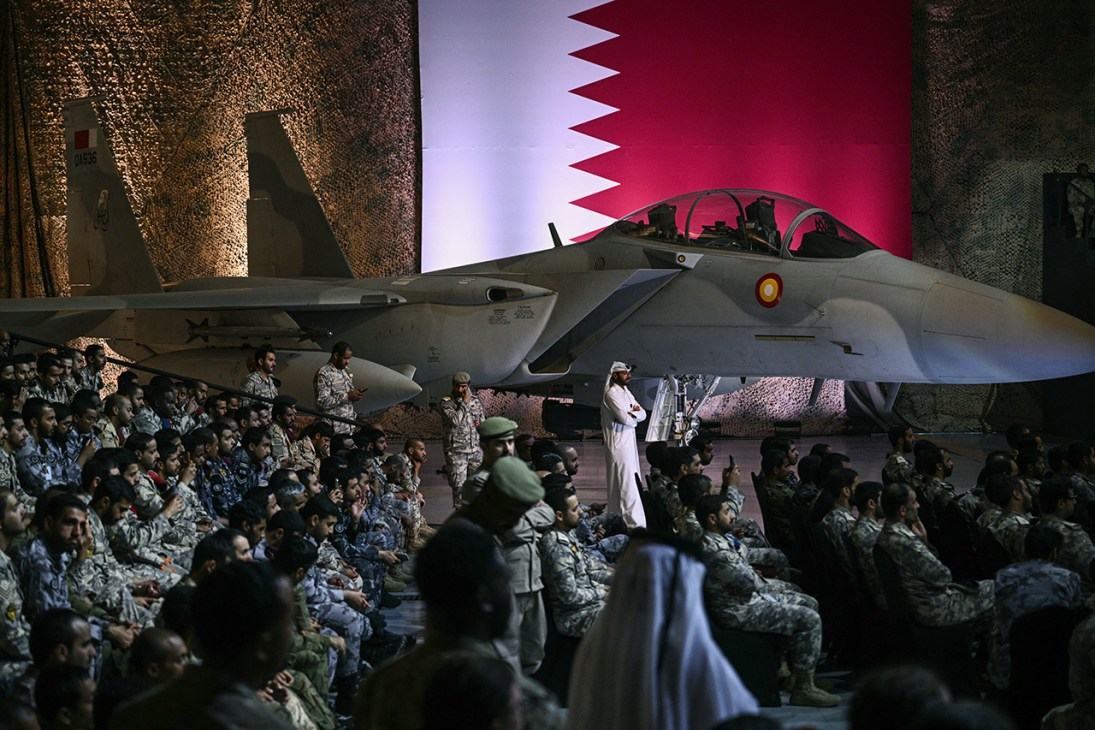Between war and peace: The UAE’s key role in de-escalating the Israel-Iran conflict
As hostilities between Israel and Iran intensify, regional neighbours in the Gulf might yet prove to be able peacemakers – if only for their own sake.
As Israeli and Iranian artillery continues to roar over the Middle East, and the world’s attention narrows in on military manoeuvres and nuclear threats, a diplomatic alternative is unfolding in the Arabian Gulf. In air-conditioned halls, behind closed doors in private majlises (sitting rooms) and through discreet backchannels, Gulf states are working overtime to contain the fallout from Israel’s strikes on Iran. At the centre of this effort is the United Arab Emirates (UAE) – a country uniquely positioned between two combatting capitals: Jerusalem and Tehran.
Israel’s initial attack triggered a wave of condemnation from regional neighbours. Riyadh, Abu Dhabi, Doha and Muscat have all issued carefully worded statements calling for restraint and warning of the dangers of escalation. On the surface, these reactions appear to be standard diplomatic protocol but beneath the language of international law and peacebuilding lies a more pragmatic aim: self-preservation. “The Gulf is scrambling to avoid a war between Israel and Iran,” says Mahdi Jasim Ghuloom, a junior fellow in geopolitics at the Observer Research Foundation. “These public condemnations are not just about principle. They’re about protection, distancing Gulf interests from Israeli actions in the hope of avoiding retaliation from Iran.”

The concern is well-founded. Israel’s campaign, which prime minister Benjamin Netanyahu has described as “ongoing,” has already claimed the lives of high-ranking Iranian military officials, including the commander of the Islamic Revolutionary Guard Corps and the chief of staff for Iran’s armed forces. While the intent might be clear, the consequences are anything but predictable. “If Israel is serious about this being a longer-term operation, then the Gulf is right to worry,” Ghuloom warns. “There’s always the risk that Iran, feeling cornered, shifts into a regime-survival mindset. That’s when things become dangerous, when you start seeing unconventional retaliation, proxy activation or even nuclear miscalculations.”
In this increasingly volatile landscape, the UAE’s approach stands out. As one of the only countries in the world that is maintaining diplomatic relations with both Israel and Iran, the UAE occupies a rare position – not as a passive observer but as a potential bridge. While no formal mediation has been announced, diplomatic sources suggest that the Emiratis have been quietly keeping communication channels open with both sides, even during the peak of the ongoing Israel-Hamas war.

This balancing act has not been without friction. Israel’s recent decision to temporarily shutter several of its embassies in the Gulf, including in the UAE, to prevent Iranian retaliation, has raised eyebrows in the region. “It’s frustrating for Gulf leaders,” Ghuloom says. “Closing embassies signals a lack of trust in Gulf security and risks alienating countries that could be vital conduits for dialogue. If Israel wants de-escalation, the Abraham Accords can’t just be economic – they have to function diplomatically too.”
Signed in 2020 with great fanfare, the Abraham Accords promised peace dividends: trade, tourism, technology. But their true test is now. Can they deliver stability in a moment of rising danger? “The accords were never just about flights and free-trade zones,” says Ghuloom. “This is when they have to work, to channel frustration, to communicate red lines and to quietly nudge both parties toward restraint.”
Beyond the UAE, Oman condemned the strikes as “reckless” even as it remains a vital interlocutor in US-Iran nuclear talks. Should Muscat’s influence wane, Washington might turn to Abu Dhabi. “If Iran becomes unresponsive,” Ghuloom says, “the UAE could be the next best bet.” Saudi Arabia, too, is treading a thin line. Having restored diplomatic ties with Tehran in 2023, it has issued strong condemnations of Israel’s actions while signalling a more pragmatic posture – one grounded in a desire to reduce regional tensions rather than inflame them. This isn’t just diplomacy for diplomacy’s sake. The Gulf’s proximity to potential conflict zones (and its enmeshment with global markets) makes it particularly vulnerable. The largest US base in the Middle East is in Qatar, while thousands of US troops are stationed just outside Abu Dhabi. Any escalation risks pulling the Gulf directly into the fray.

Then there are the economic stakes. “Even without a full-blown war, the perception of instability will spook investors,” warns Ghuloom. The Gulf’s financial and aviation sectors depend on global confidence. If the region is seen as unstable, that flows straight through to currency pressures, trade dips and nervousness in the markets.” Airlines such as Emirates and Etihad rely on calm skies. Dubai’s booming property market is fuelled by foreign capital that thrives on certainty. Sovereign wealth funds from Abu Dhabi to Riyadh are now deeply exposed across global markets. For the Gulf, even a whiff of instability is bad for business.
In other words, it is pragmatism, not ideology, that is the guiding force behind Gulf diplomacy today. And as the region teeters on the edge of wider conflict, it might fall to the UAE, Oman and Saudi Arabia to keep it from tipping over. Not because they are neutral but because they are interconnected – and because, in a fractured region, they are among the few voices that are still speaking to both sides. For now, diplomacy remains discreet. But the stakes are anything but subtle.



